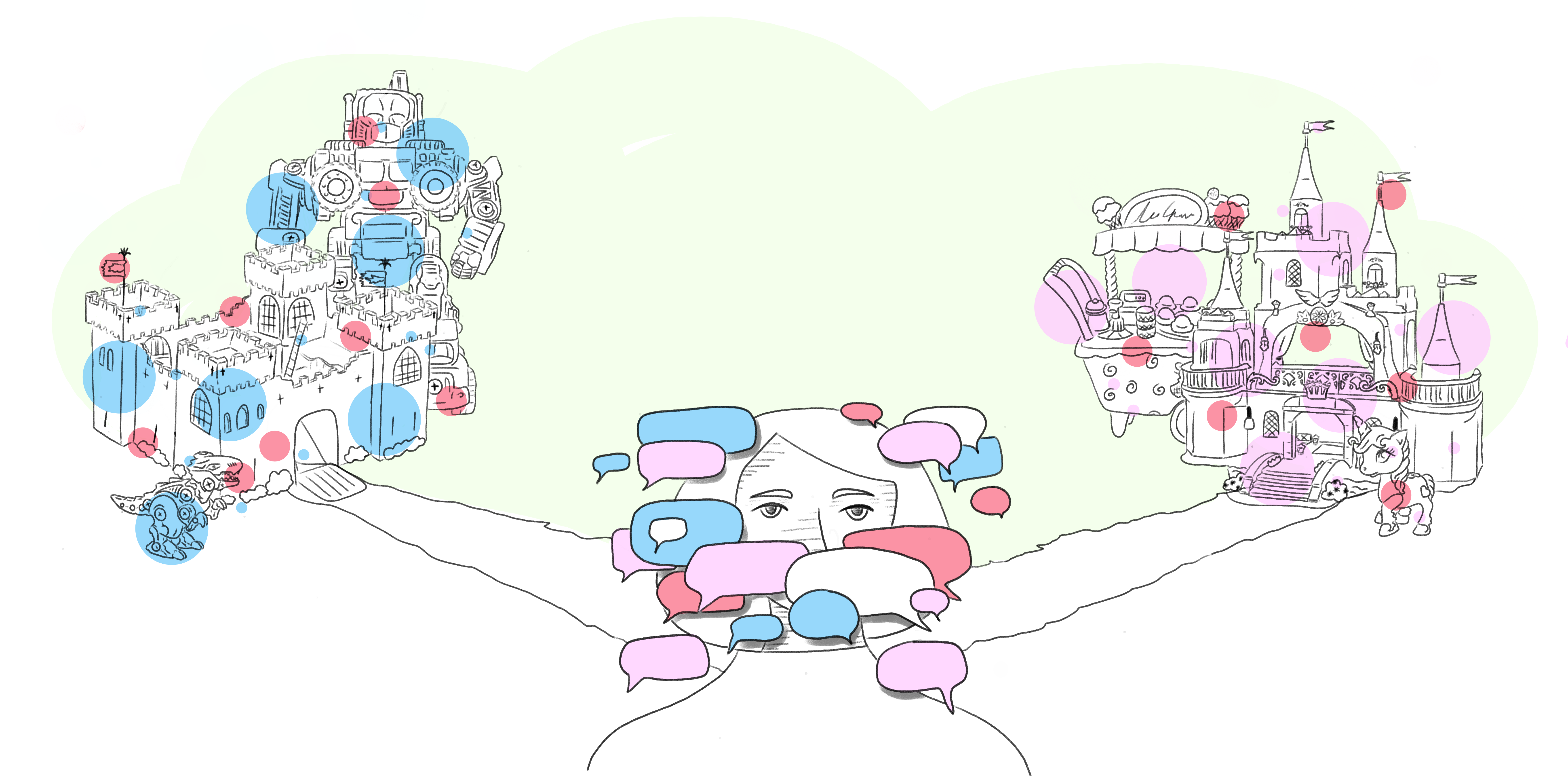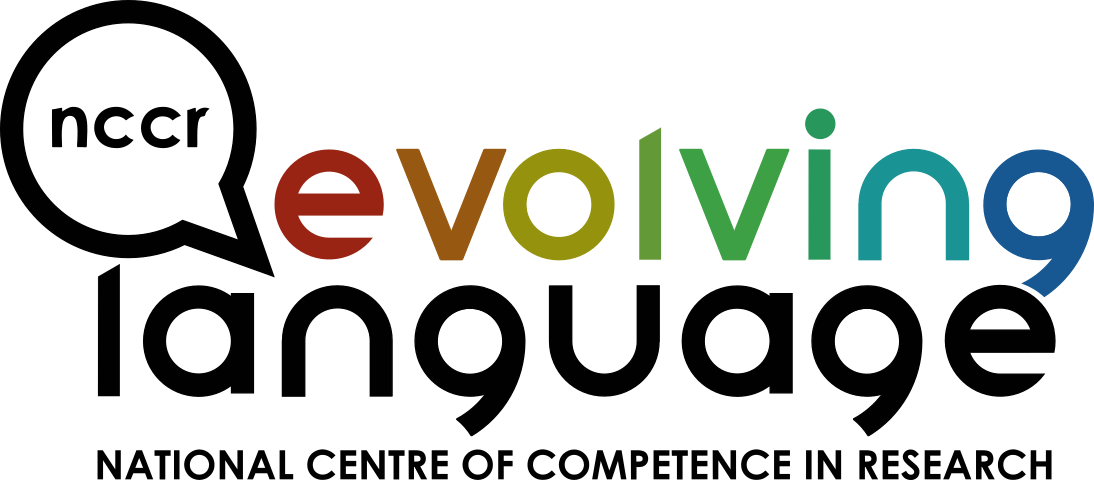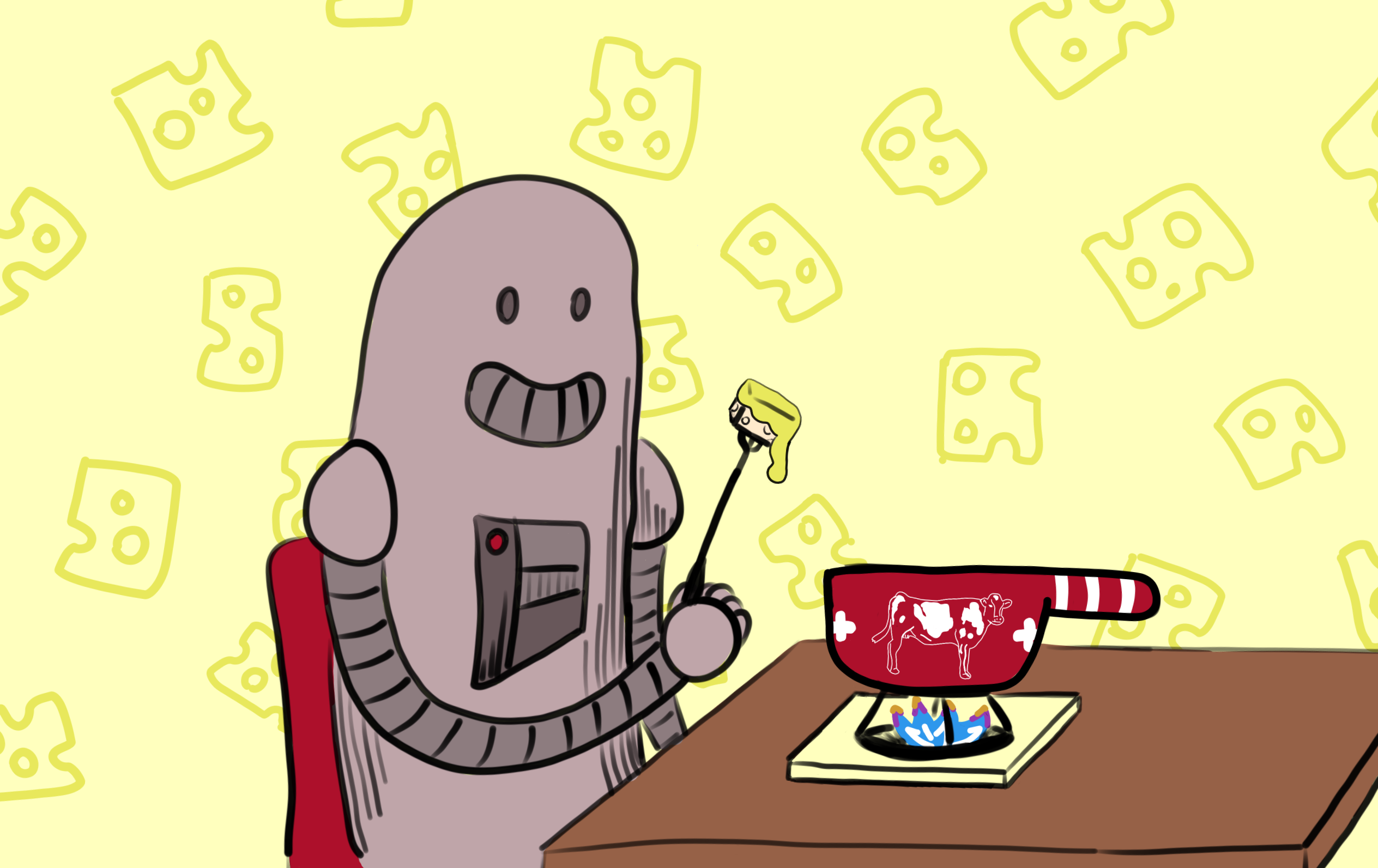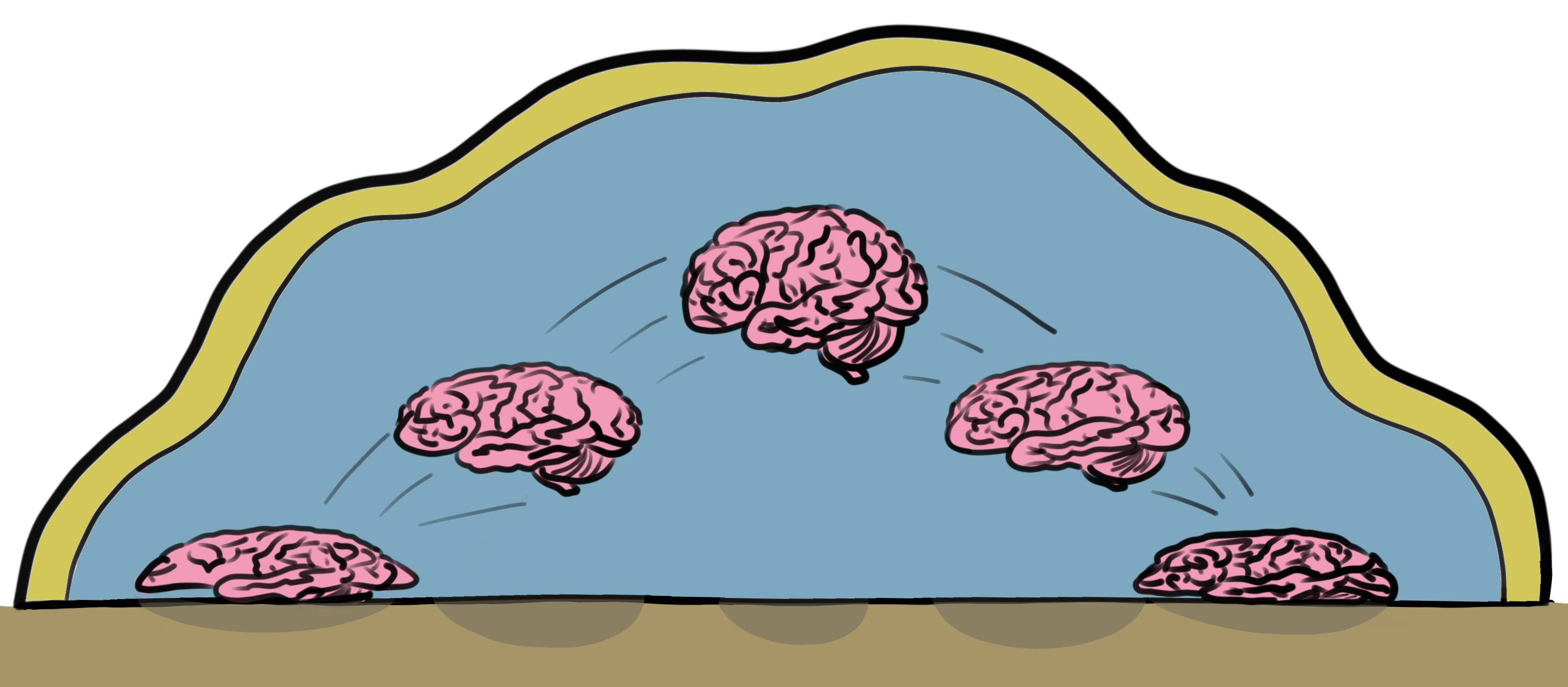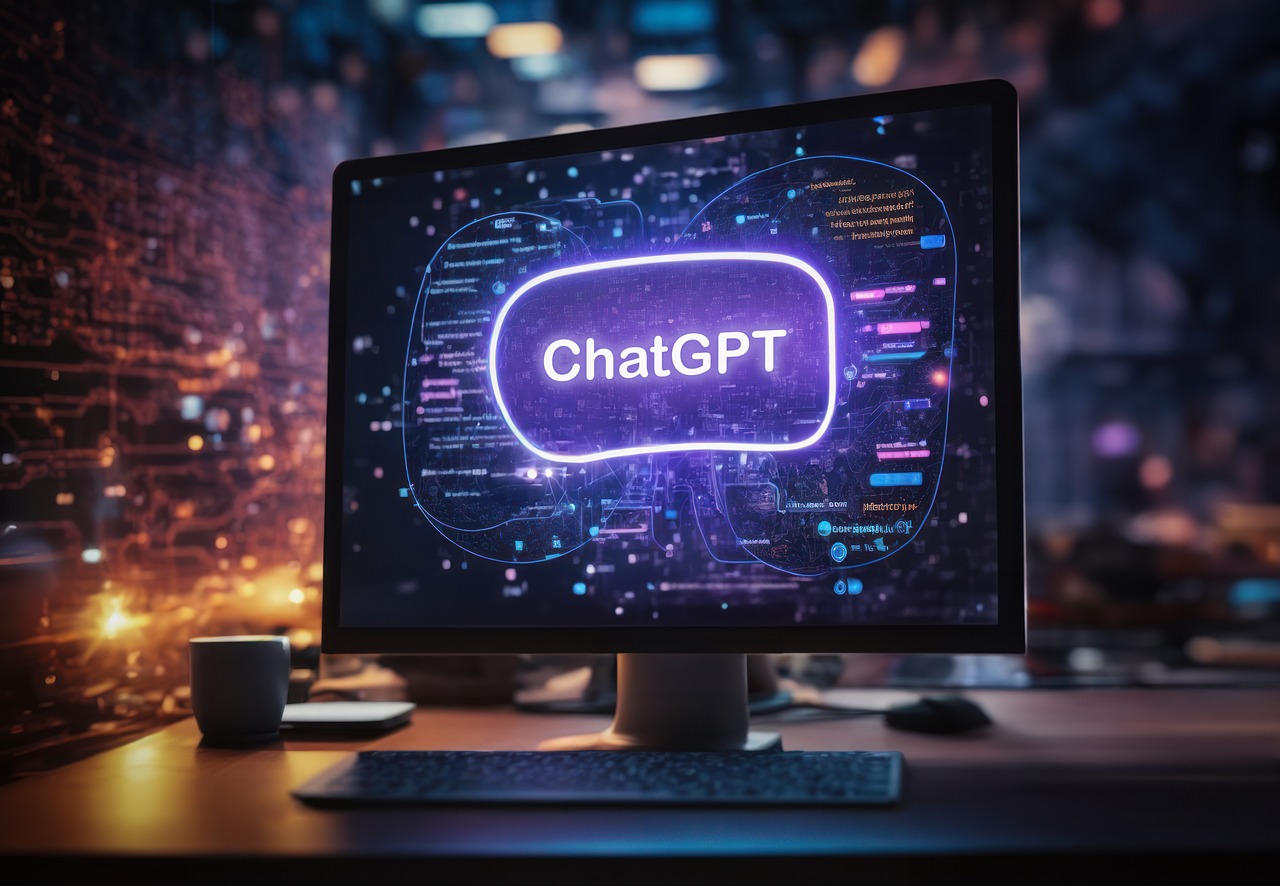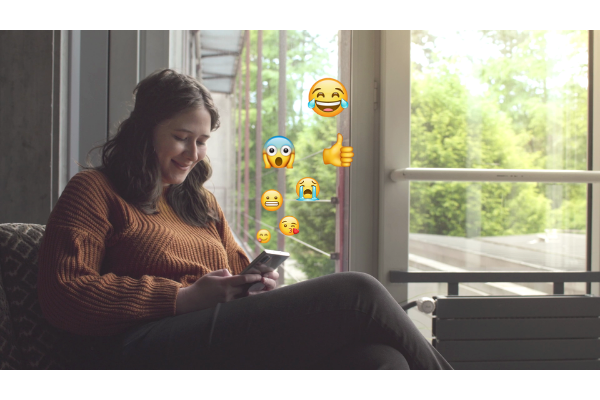Gender and language are inextricably linked, in various ways. Together with experts from the fields of linguistics, psychology and neurolinguistics, we tried to disentangle this topic. Follow us on a journey to discover the origins, present, and future of gender in languages.
